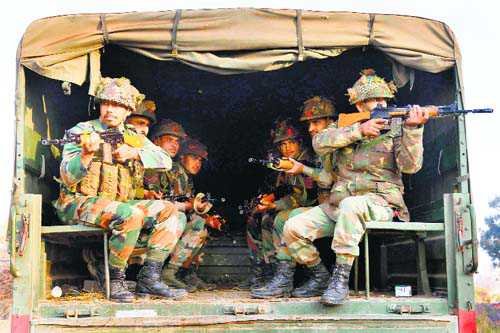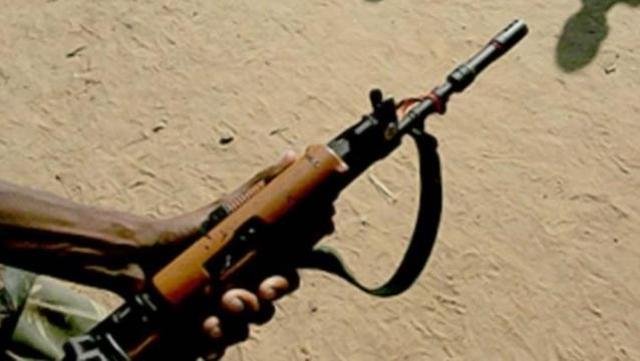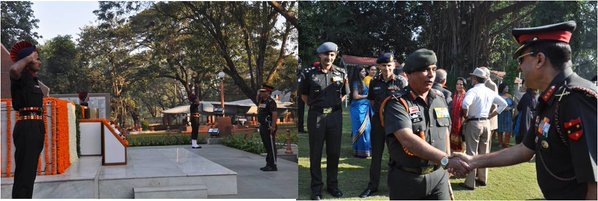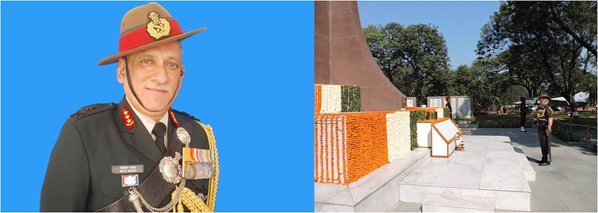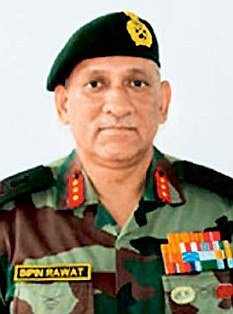The R-Day parade showcases India’s unity in diversity. It invokes imageries that have the imprint of an inclusive and composite India. This institutional ritual has all the ingredients to reassert our social, economic, cultural and military might on a unified platform.
POMP and show at the Republic Day parade attracts its own set of naysayers who question the “waste” of tax payers’ money on the military and cultural posturing. India is a vibrant democracy that needs to continuously question its rituals, imagery and symbols in the quest to harness its restless energy. It has to seek emancipation from the rigidities of its past, as it ascends the hierarchy of nation states.
Is the stately splendour on Republic Day something that needs to be monetised from a financial prism or is it inherently regressive to the path of progress, for modern nation building? There is a deeper subtext and strategic import that needs to be weighed in to evaluate its justification. Over the years, the definite imagery of the Republic Day is not the direct celebration of the Constitution but one of the military and cultural “parade”, with all its glory and sheen. Willy-nilly, it is still a tribute to the Republic of India, as the nation visibly asserts and reaffirms its military might in service to the democratic foundations, by the marching contingents saluting to the President of India (Supreme Commander of the Defence Forces) and not to the military top brass — positing the supremacy of the People over its defence forces. This is not practised consistently in the neighbourhood.
In a diverse and fragmented India (in terms of political agendas, regionalism, cultural differences etc.), the parade seeks to showcase the inclusivity agenda of a composite India. The power and symbolism of this India is often underestimated by the “cable TV India”, vis-à-vis the “Doordarshan India”, where the majority of India resides.
A mélange of a Chhattisgarh state tableau, a Naga regiment contingent or a gram panchayat tableau resonates and reassures in the restive hinterland. There it is not necessarily seen as a socialistic hangover that is aimlessly persisted with, even today. A miniaturised version of the Rajpath parade in state capitals like an Itanagar or an even more distant Port Blair strengthens the territorial integrity and secures maximum empathy and connects the military and local frameworks.
The most obvious intent is to evoke the incalculable national pride via the powerful display of military and cultural regalia and grandeur — from the horse cavalry, to the steely marchpasts, to awe- inspiring weaponry — all have a sub-textual message in terms of the nation’s preparedness and showcasing of its defensive and offensive capabilities.
However, the Cassandras of change often question if the parade expenditure by military could perhaps be used more judiciously for more urgent and pending purchases? It is important to clear the financial bogey. It is neither financially bleeding for the defence forces, nor is the money spent on it commutable from a financial perspective to buy the much-needed equipment or hardware, as suggested. As a matter of fact, every year the Defence Forces surrender “unspent” amounts of its Defence Budgetary allocations to the national treasury (over Rs 6,600 crore last year). The military’s need for weaponry and other administrative/operational shortages is actually a victim of procedural delays, fiscal mismanagement and political indecisions. To attribute potential saving opportunity via scrapping the parade is both simplistic and lazy, in logic.
Nations’ agenda cannot be exclusively military or economic, in isolation — all major international “powers” have asserted the symbols of both in tandem to ensure a secure and sustainable progress that can overcome global vicissitudes of time and circumstances, that are often beyond the control or making of a single nation state. It is a fact that in recent times the defence forces have been steadily pushed into relative oblivion, only to conveniently emerge and answer the state’s call of duty either military or owing to nature’s fury. They are forgotten soon from public memory, till the next time when a military or civil emergency strikes again. The reduction of allocation for defence, from 2.9 per cent in 2011 to 2.6 per cent in 2015, the shortage of 12,000 officers in the Army, institutional angst and ire against the OROP and the Seventh Pay Commission, are symptomatic of the deeper malaise that cannot be salvaged by alluding to such penny pinching.
As also, military ceremonies are an exercise at honouring its bravest of the brave, on a national platform in order to find a place in the eyes and the heart of the nation. This is especially important for an institution that does not communicate directly but only lets its actions speak for itself.
Lastly, progressive changes like Lady Officers leading the contingent charge or the latest wares from the stable of the Indian missile programme are a testimony to the evolving national narrative.
Critically, the warm invitations to the visiting foreign heads of states for the Republic Day parade are often subsumed with very cold strategic logics of national interest. The 1960s and 1970s were peppered with NAM and Eastern Bloc leaders to make a point during the era of Cold-War diplomacy. The fact that President Nursultan Nazarbayev of Kazakhastan’s visit in 2009 was followed by nuclear cooperation agreement or the following year President Lee Myung Bak of South Korea’s visit happened to nudge the largest FDI deal of Posco, was not coincidental. The visiting heads of states for the last two years have been from Japan and the US, an unmistakable augury of the direction and the kind of company that India seeks to cultivate.
This year, Francois Hollande of France as chief guest is a precursor to the impending Rafael deal and other critical technology transfers. The sheer strategic pyrotechnics of the physical presence of President Barack Obama, when the gallantry citation for Major Mukund Varadarajan from the Rajput Regiment and Naik Neeraj Kumar Singh of the Rajputana Rifles was read and were solemnly conferred the Ashok Chakra for fighting terrorists in Kashmir, was symbolically priceless in its intentional or unintentional discourse in the neighbouring capitals. The geopolitics of the parade is embedded in the conduct and display of the proceedings, where a lot more gets conveyed than what meets the eye.
It is equally true that security considerations and limited public seating have robbed the easy access and appeal to a great extent, even in Delhi. Given the very few remaining vestiges of demonstrating national symbols and agenda on a singular platform, juxtaposed in the heroic revelry of military might is a potent assemblage of nationalistic fervour.
This fervour has to be harnessed and not trashed and viewed as “wastage”. Surely, there is a case for tightening the duration, evolving from the amateurish Soviet-era tableaus to more inspiring formats and accessibility. The collateral benefit of reaping diplomatic and strategic angularities. So, as they say in the forces, “March on, regardless”!
The writer is a former Lt-Governor of Andaman & Nicobar Islands & Puducherry.









